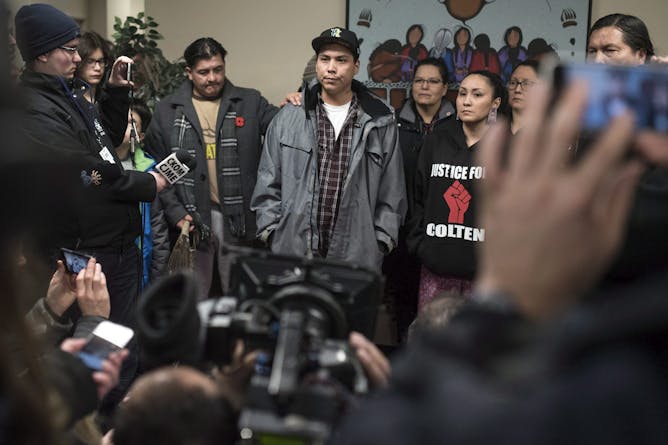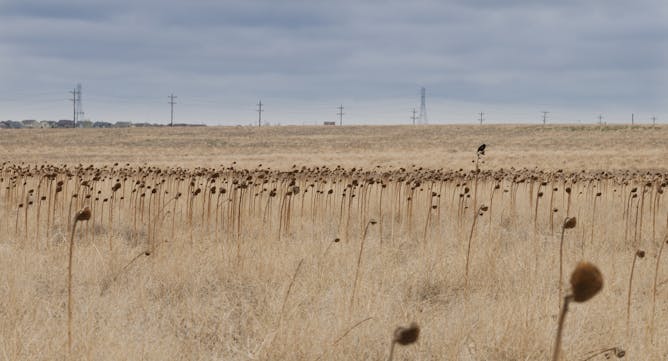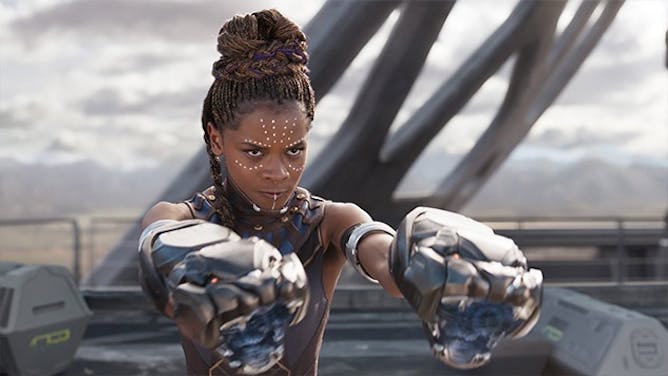|
The verdict in the Colten Boushie trial continues to resonate, with a particular focus on the criminal justice system in the days since the acquittal of a Saskatchewan farmer in the young Indigenous man’s death. But what role has Canada’s mainstream media played in the plight of the Indigenous?
Today in The Conversation Canada, Candis Callison, one of the few Indigenous professors at a school of journalism in Canada, and Mary Lynn Young, one of our co-founders and a colleague of Prof. Callison's at the University of British Columbia, have a thought-provoking and troubling piece about Canada’s media and how little it’s done to focus on Indigenous issues and hire Indigenous journalists. They write: “With all of the rhetoric around journalism as a public service, it is a wonder that journalists haven’t produced more reporting and analysis that might work towards transforming the systems that continue to be stacked against Indigenous people, including youth like Colten Boushie.”
We think of Canada as a water-rich country, but we’re not immune to water shortages or disasters, writes John Pomeroy of the University of Saskatchewan. Cape Town is on the verge of becoming the first major city to run out of water - and it could happen in Canada without the proper advance planning, he warns.
Today’s piece from Scott Lear of Simon Fraser University makes me feel less tortured about trying to ban refined sugar from my diet. In the final of three articles Dr. Lear’s written for us for Heart Month, he delves into just how bad refined sugar is for your heart. And Canada is lagging behind other countries in the battle against Big Sugar.
Finally, are you headed to the movies this weekend? If Black Panther is on your agenda, you’ll enjoy our piece from Benjamin Woo of Carleton University. Woo writes that the film arrives at a moment of possibility. The hype around it demonstrates that racialized people are crying out for chances to see themselves and their communities portrayed with dignity-as heroes.
|

Indigenous community members are doing the work to situate Colten Boushie’s life and death within the colonial context, answering not if race was a factor, but how and why. Colten Boushie’s brother, Jace Boushie, looks on during a media event at the Battlefords Agency Tribal Chiefs office after a jury delivered a verdict of not guilty in the trial of Gerald Stanley.
THE CANADIAN PRESS/Liam Richards
Candis Callison, University of British Columbia; Mary-Lynn Young, University of British Columbia
What can the events surrounding Colten Boushie’s death, the trial verdict and its media coverage tell us about the role of journalism and journalists in relation to Indigenous concerns in Canada?
|

Western Canada faced record droughts and forest fires in 2017.
(Shutterstock)
John Pomeroy, University of Saskatchewan
We think of Canada as a water-rich country, but we are not immune to water shortages or disasters. With some advance planning, Canada can avoid a water catastrophe.
|

Governments in countries such as Mexico and the United Kingdom have responded to the over-consumption of refined sugar with a “sugar tax;” Canada lags behind.
(Unsplash/Neven Krcmarek)
Scott Lear, Simon Fraser University
Too much refined sugar in your diet is not just a risk factor for obesity and diabetes, it also increases your chances of heart disease.
|

Letitia Wright in Black Panther. Popular discussions about the movie demonstrate a desire for representation in commercial media.
(Marvel/Disney)
Benjamin Woo, Carleton University
Black Panther arrives at a moment of possibility. Its popularity demonstrates that people are crying out for chances to see themselves and their communities portrayed with dignity—as heroes.
|
Politics
|
-
Richard Gunther, The Ohio State University; Erik C. Nisbet, The Ohio State University; Paul Beck, The Ohio State University
Yes, votes are cast based on many factors. But a new survey and analysis suggests that belief in fake news could have been decisive during the 2016 election.
-
Vishnu Padayachee, University of the Witwatersrand; Jannie Rossouw, University of the Witwatersrand; Mashupye Herbert Maserumule, Tshwane University of Technology
There are several steps South Africa's governing party must take to strengthen democracy now that Jacob Zuma has resigned.
|
|
Environment + Energy
|
-
Jenny Fisher, University of Wollongong; Kathryn Emmerson, CSIRO
A surprising study published in Science found that as fuel emissions drop, consumer products are playing a larger role in air pollution.
|
|